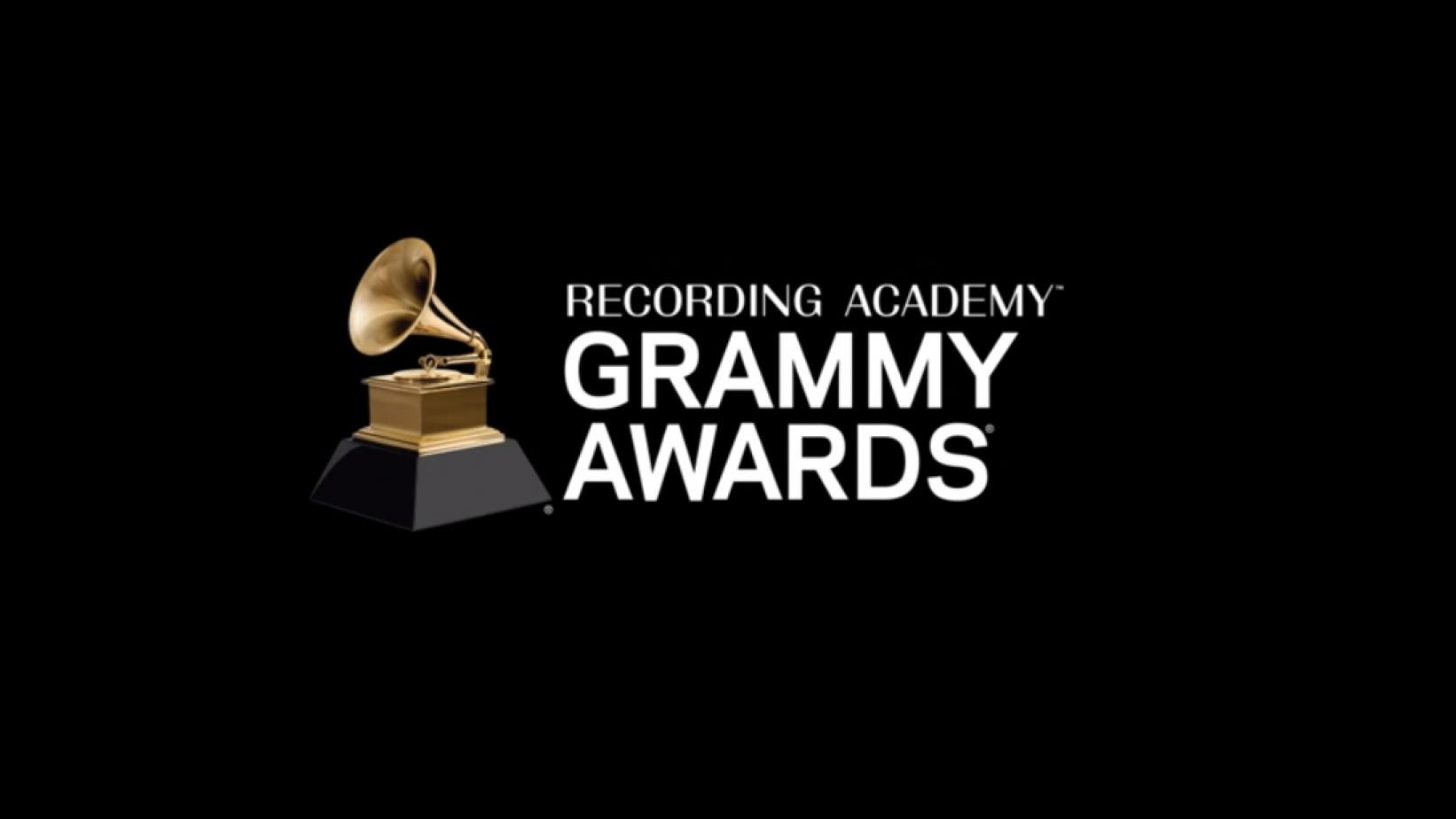When you hear the Grammys, you likely think of the most prestigious award that a musical artist can receive. Every aspiring musician longs to win a Grammy for his or her music. As with all award shows, there is always resistance and controversy about nominations and winners. In recent years, the Grammys has been getting hate from artists, fans, and even from people within their organization. With our changing society, the Grammys has fallen behind and will need to change their ways to keep the program alive.
The Grammys first took place in 1958, then known as the Gramophone Awards. They were the musical equivalent of the Oscars (Academy Awards). The Recording Academy has run the show since the beginning. The first show included 28 categories of awards, but now there are over 80 awards spanning 20 genres. The most prestigious awards are the overarching awards that apply to all genres. Being nominated for Song, Record, or Album of the Year or Best New Artist has always been considered a huge honor.
Generally, everyone accepts and respects the classification of music for the awards. The bestowing of awards was never the issue when it came to problems with the Grammys. The part of this show that has garnered the most criticism is the nomination and voting processes. The difference between the Grammys and other music award shows like the Video Music Awards (VMAs) and the American Music Awards (AMAs) is that fans have no say in the results. Fans can vote for their favorite artists for the VMAs and AMAs, and their votes are the deciding factor as to who wins. The Grammys, however, has a complicated application and approval process that, when studied, is unnecessary and can be rigged.
The first step of the nomination and voting process is for members and companies that are a part of the Recording Academy to submit entries that they believe should be nominated for awards. Then, predetermined field experts screen the entries. After that, all members of the Academy vote on the categories to narrow down the field. In some cases, another committee created by the Academy goes through these votes and finalizes them. All of this occurs before the announcement of the nominations. After that, the same voting members vote again on the shortlist of songs, acts, and albums to determine the winner. The results are revealed at the annual awards ceremony.
Some people might think the process is fair but do not agree with the way that these committees function. According to Deborah Dugan, a former Grammys CEO suspended for a discrimination complaint, there is plenty of evidence that the process is rigged. She told an interviewer that the committees that finalize nominations consist mainly of white males and that the voting committees have multiple conflicts of interest. Dugan cited an incident where an artist and their representative were on the exclusive committees, which allowed them to get their music to the finalized nomination. On top of that, the previous CEO, Neil Portnow, was fired for making comments about how women needed to step up if they wanted to win more awards. The same year, when Drake tried to use his acceptance speech to bring up the awards dont matter argument, his microphone was allegedly cut. Portnow and the Academy denied all of claims, citing a lack of evidence.
This year, nothing has changed regarding the biased Grammys processes. The Weeknd, who could be considered the most prominent male artist of the year, received zero nominations. He released his fourth studio album, After Hours, and his lead single Blinding Lights was one of the biggest songs on the charts and the radio. In the end, the Academy only cares about the opinions of a select voting committee, not the numbers. Responding to the snubs, The Weeknd said on Twitter: The Grammys remain corrupt. You owe me, my fans and the industry transparency. In response, the Grammys released a generic statement saying that his music this year was excellent but “there are fewer nominations than the number of deserving artists. The Weeknd was preparing to perform at the Super Bowl, so there were disagreements about whether he should also perform at the Grammys. Many fans pointed to this as the reason why the Academy seemed to be against The Weeknd. But the Academy was quick to point out that the disagreements happened after the nominations were announced.
This is not the first time disagreements over performances have caused controversy with the Grammys. In 2019, Ariana Grande was scheduled to perform at the show after receiving two nominations. However, reportedly, there were disagreements on which song she was to sing. A Grammys producer officially announced her withdrawal from performing, citing difficulty with pulling together a performance in such a short amount of time. Grande quickly responded on Twitter, saying, ive kept my mouth shut but now you’re lying about me. i can pull together a performance over night and you know that, Ken. it was when my creativity & self expression was stifled by you, that i decided not to attend. i hope the show is exactly what you want it to be and more. The Grammys were forcing her to do something with her performance that she was uncomfortable with, and she had every right to reveal their lies. Grande did not even attend the ceremony, although she won her first Grammy that night for Best Pop Album for Sweetener. Last year, however, Grande worked out her problems with the Recording Academy and performed at the 2020 show, for which she received five nominations. That same year, Billie Eilish walked home with five wins. Many fans pointed out that Eilish won over Grande in the two major categories of Best Album and Best Record, even though Grande was supposedly the favorite of those two categories. Eilish herself said that thank u, next should have won Album of the Year. Soon, fans were pointing fingers at the Grammys again, saying that they robbed Grande of a Grammy because they had bad blood from 2019.
There is no tangible evidence against the Grammys that fans can hold onto due to how secretive all of these processes are. Many fans and artists like The Weeknd are calling for transparency or a change in their ways. Also, one of the main reasons why people watch the Grammys is for the high-level performances. With all the disagreements, the performance value has decreased to a point where many fans skip the show. The most-viewed Grammys was back in 1984, with over 51 million viewers. Since then, ratings and popularity have declined immensely, especially now that people can wake up the day after the show and find the performances and winners on the internet.
Although it is simple to say that the Grammys cannot please everyone, they still have a long way to go to please more people. Their systems are corrupt and biased, and it seems like the Academy is in no rush to change anything. It is a good thing that most of these artists know that the Grammys and any other awards the artists might receive do not matter in the end. It only matters that their fans love their music.
Works Cited
Haylock, Z. (2020, November 25). The Weeknd Received Zero Grammy Nominations, Responds
on Twitter. Retrieved December 22, 2020, from https://www.vulture.com/2020/11/the-weeknd-snub-2021-grammy-nominations.html
Langmann, B. (2020, August 20). The Recording Academy Voting Controversy Questions the
Integrity of the Grammy Awards. Retrieved December 12, 2020, from https://www.esquire.com/entertainment/music/a30627815/grammys-scandal-joel-katz-neil-portnow-deborah-dugan-recording-academy-controversy-explained/
Minsker, E., & Yoo, N. (2019, February 07). Ariana Grande Rejects Grammys 2019
Performance: “My Creativity & Self-Expression Was Stifled”. Retrieved December 22, 2020, from https://pitchfork.com/news/ariana-grande-rejects-grammys-2019-performance-my-creativity-and-self-expression-was-stifled/
Musicians Hall of Fame. (2020, July 16). History of the GRAMMY Awards. Retrieved
December 12, 2020, from https://www.musicianshalloffame.com/history-of-the-grammy-awards/
Recording Academy. (2020, November 10). GRAMMY Awards Voting Process. Retrieved
December 14, 2020, from https://www.grammy.com/grammys/awards/voting-process
Savage, M. (2020, January 24). Grammy Awards boss ‘has evidence’ votes were ‘rigged’.
Retrieved December 18, 2020, from https://www.bbc.com/news/entertainment-arts-51221137

 Interesting Facts About the Human Memory
Interesting Facts About the Human Memory